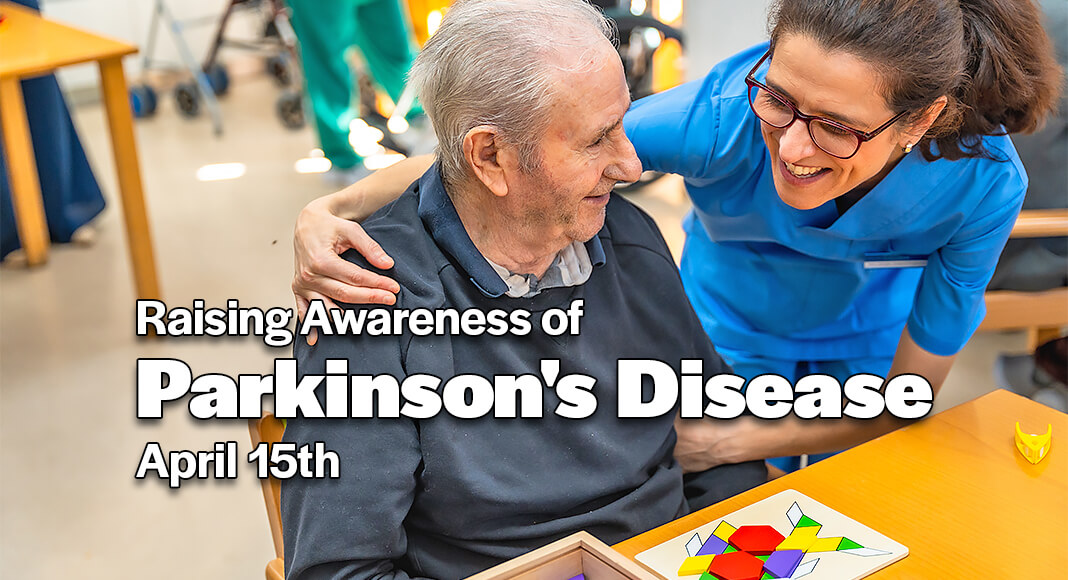
Mega Doctor News
A movement disorder of the nervous system, Parkinson’s disease is a neurodegenerative condition that worsens over time. Aside from taking a physical toll on a person, it can also affect their mental and emotional health. Marked by tremors, rigidity and slow movement, the disease increases the difficulty in completing daily activities.
In the United States, approximately 500,000 Americans have a confirmed diagnosis, according to data from the National Institutes of Health. However, since many Americans go undiagnosed or misdiagnosed, the actual number is presumed to be closer to one million, per the Parkinson’s Foundation, making Parkinson’s the most common neurodegenerative condition after Alzheimer’s.
Parkinson’s affects dopamine-producing neurons in the brain. As these neurons slowly break down or die and causeirregular brain activity, they lead to increase challenges with movement.
“Life with Parkinson’s is unpredictable and difficult. Beyond the tremors and rigidity, patients with the condition may also experience sleep disorders, pain, fatigue and depression,” says Isabel Garcia, OTR, OTD, CSRS, Outpatient Therapy Manager, South Texas Health System McAllen Outpatient Rehabilitation Center. “The impact of this condition extends beyond the individual and reaches family, friends and caregivers, who often feel the emotional strain as they navigate the changes brought on by Parkinson’s disease.”
Symptoms of the disease can start slow and then worsen over time. While some patients may notice only mild changes at first, the pace of progression can vary. Tremors can be barely noticeable and start soft and light in just one hand or sometimes in the foot or jaw. While tremors are common, Parkinson’s may also cause stiffness, slowing of movement and trouble with balance that increases the risk of falls.
“Parkinson’s affects each person differently, but most patients need medications that boost, mimic or replace dopamine to manage their condition,” says Garcia. “A diagnosis is typically based on a patient’s symptoms, medical history and a physical examination.”
While there is no definitive cause of the condition, research conducted by the Parkinson’s Foundation shows that 10-15% of people have a genetic link.
Aimed at helping Rio Grande Valley residents better understand the progressive neurological disorder, South Texas Health System is dedicating its latest Let’s Talk Your Health webinar to Parkinson’s disease in commemoration of Parkinson’s Disease Awareness Month.
Streaming live via the STHS Facebook page on Tuesday, April 15, from 5:30 to 6:30 p.m., the webinar will feature a healthcare professional discussing the risk factors associated with the condition, as well as strategies aimed at empowering those diagnosed with Parkinson’s disease to live life to the fullest.
For more information on the webinar, visit the STHS Facebook Events page. To watch previous Let’s Talk YourHealth Seminars, visit STHSLetsTalk.com.
| Who: | South Texas Health System |
| What: | FREE virtual seminar entitled “Let’s Talk Your Health – Parkinson’s Disease” |
| When: | Tuesday, April 15, 2025, from 5:30 – 6:30 p.m. |
| Where: | Online via STHS’ Facebook page |











